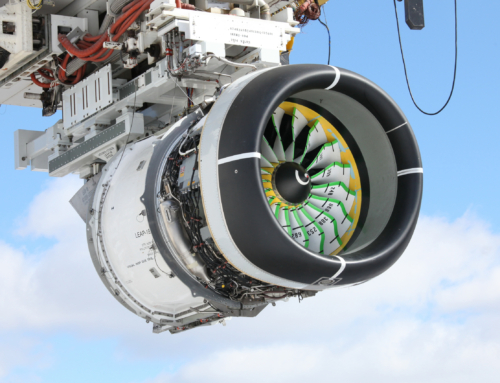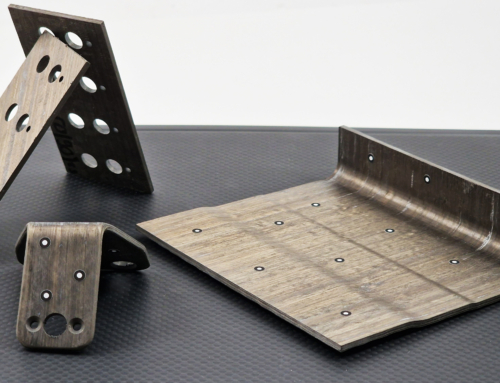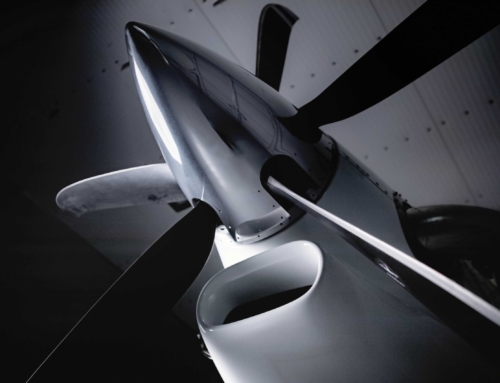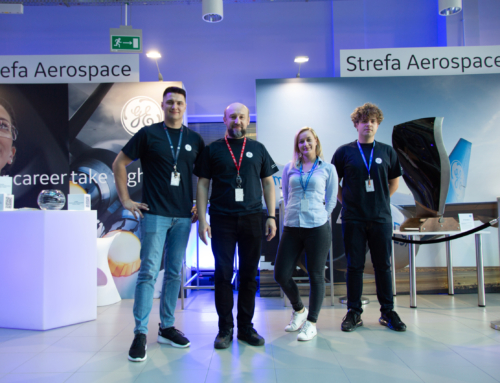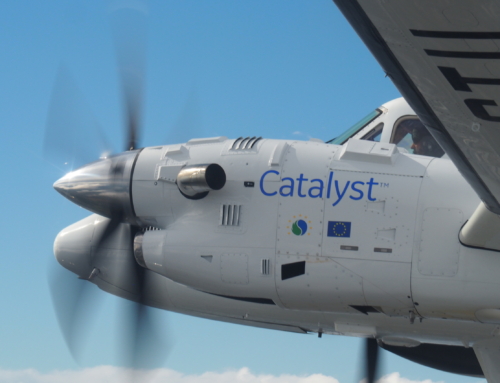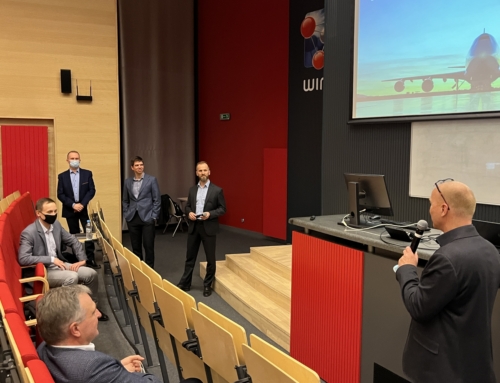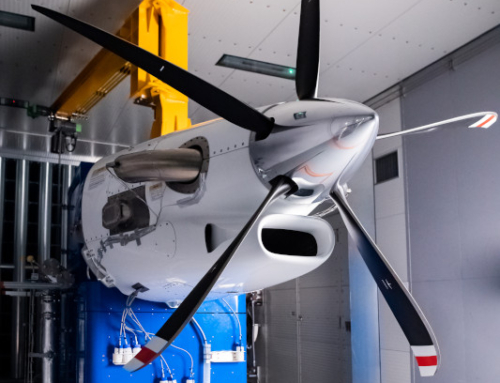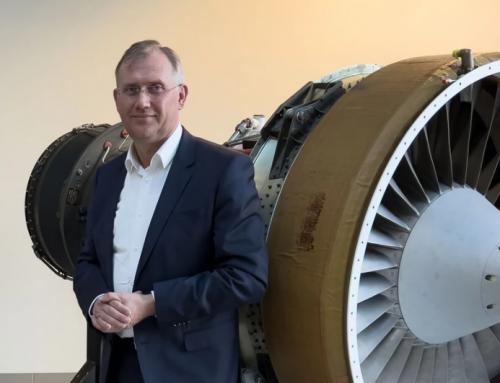Virgin America today (June, 15th) launched CFM International’s advanced LEAP™ engine with an order to power 30 new Airbus A320neo aircraft. The airline also announced that CFM’s CFM56-5B will power 30 current technology A320s. The 60 airplanes were announced in January of this year and the engine orders have a combined value of approximately $1.4 billion U.S. at list price.
Both the LEAP and CFM56-5B engines are products of CFM International (CFM), a 50/50 joint company between Snecma (Safran group) and GE. The new airplanes will begin delivery in 2016.
LEAP engines incorporate revolutionary technologies never before seen in the single-aisle aircraft segment. The new engine combines advanced aerodynamic design techniques, lighter, more durable materials, and leading-edge environmental technologies, making it a major breakthrough in engine technology. The 15 percent better engine fuel efficiency*, at current fuel prices, translates to as much as $1.6 million in fuel cost savings alone for customers per airplane, per year. LEAP technology will also achieve double-digit improvements in CO2 emissions and noise levels, all while providing the industry’s best reliability and lowest maintenance cost
“As a young and growing airline, we credit much of our success to having the right equipment, and choosing LEAP to power our A320neos is right in line with our long-term strategy,” said Virgin America President and CEO David Cush. “With LEAP, Virgin America is getting the best of all possible worlds: the industry’s most advanced technology—with all of the benefits that represents —as well as the consistency and inherent reliability of a CFM product. We also know that the company’s reputation for meeting its commitments is unrivaled and this latest move will help us continue to fuel growth and success in the North American market.”
“We are thrilled that Virgin America is launching LEAP and look forwarding to expanding an already great relationship,” said Jean-Paul Ebanga, president and CEO of CFM. “But this is just the beginning; this engine has a great future.”
“The advantages of LEAP technology will speak for themselves,” said Kevin McAllister, vice president of Sales for CFM. “We believe our customers will have a clear preference for all we have to offer. CFM and its parent companies, Snecma and GE, have invested heavily in the LEAP program and spent more than 15 years developing and maturing the most advanced technology in the industry today. This engine will provide unprecedented levels of efficiency and environmental responsibility while maintaining the legacy of aviation’s most reliable product line.”
The lower fuel burn also reduces CO2 emission by 15 percent, while LEAP’s industry-leading combustor technology will reduce emissions of oxides of nitrogen (NOx), a greenhouse gas, by 50 percent compared to current requirements.
Further contributing to Virgin America’s role as an environmentally responsible leader, the engine cuts noise by as much as 15 decibels, which will keep objectionable noise within the confines of the airport. In simple terms, this reduction is comparable to making a jack hammer operate as quietly as an alarm clock.
Virgin America’s current A320 family fleet is powered by the CFM56. The CFM56 provides the highest reliability, durability, and lowest maintenance costs in its class. The airline’s current fleet is up to 25 percent more fuel and carbon efficient than the average fleet flying domestically. The A320neo, along with the CFM LEAP engine will yield even greater efficiencies.
CFM began testing eCore Demonstrator 2 in late May at GE facilities in Ohio, one month ahead of schedule. eCore Demo 2 features a 10-stage high-pressure compressor and two-stage high-pressure turbine, along with the lean burn, low emissions TAPS combustor.
At the same time, CFM is close to completing a demanding 5,000-cycle endurance test program for the advanced 3-D Woven Resin Transfer Molding (3-DW RTM) fan, along with the composite fan case being developed by Snecma.
With a base of more than 500 customers, and more than 22,200 engines delivered, CFM has consistently delivered on its commitments, completing 21 engine/aircraft certifications on time and on specification. Since the first A320 was launched in 1985, CFM56 engines have been selected to power nearly 60 percent of all A320 family aircraft.
About Virgin America:
Headquartered in California and launched in August 2007, Virgin America offers guests attractive fares and a host of innovative features aimed at reinventing air travel. The airline’s new aircraft offer interactive in-flight entertainment systems and power outlets near every seat for electronic gear. Virgin America offers Gogo™ in-flight internet service on every flight and hosts the largest in-flight entertainment library in the North American skies via the touch-screen Red™ platform.
In just three over years flying, the carrier was named “Best Domestic Airline” in the Condé Nast Traveler 2008, 2009 and 2010 Readers’ Choice Awards and “Best Domestic Airline” in Travel + Leisure’s 2008, 2009 and 2010 World’s Best Awards. The airline’s current base of operations is San Francisco International Airport’s newly opened Terminal Two. Virgin America flies to San Francisco, Los Angeles, New York, Washington D.C., Seattle, Las Vegas, San Diego, Boston, Fort Lauderdale, Orlando, Dallas-Fort Worth, and Chicago (as of May 25, 2011), as well as Los Cabos and Cancun, Mexico.

